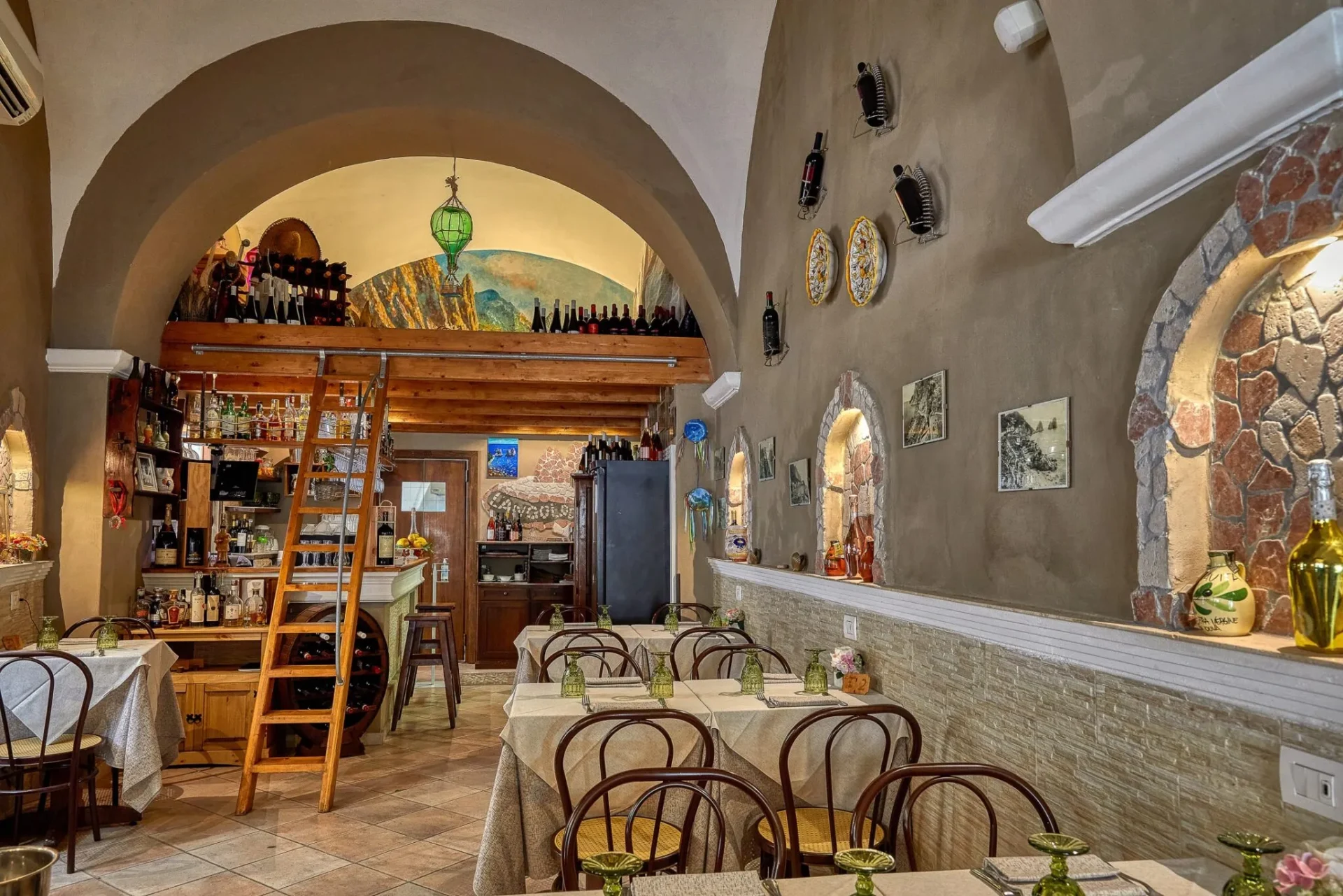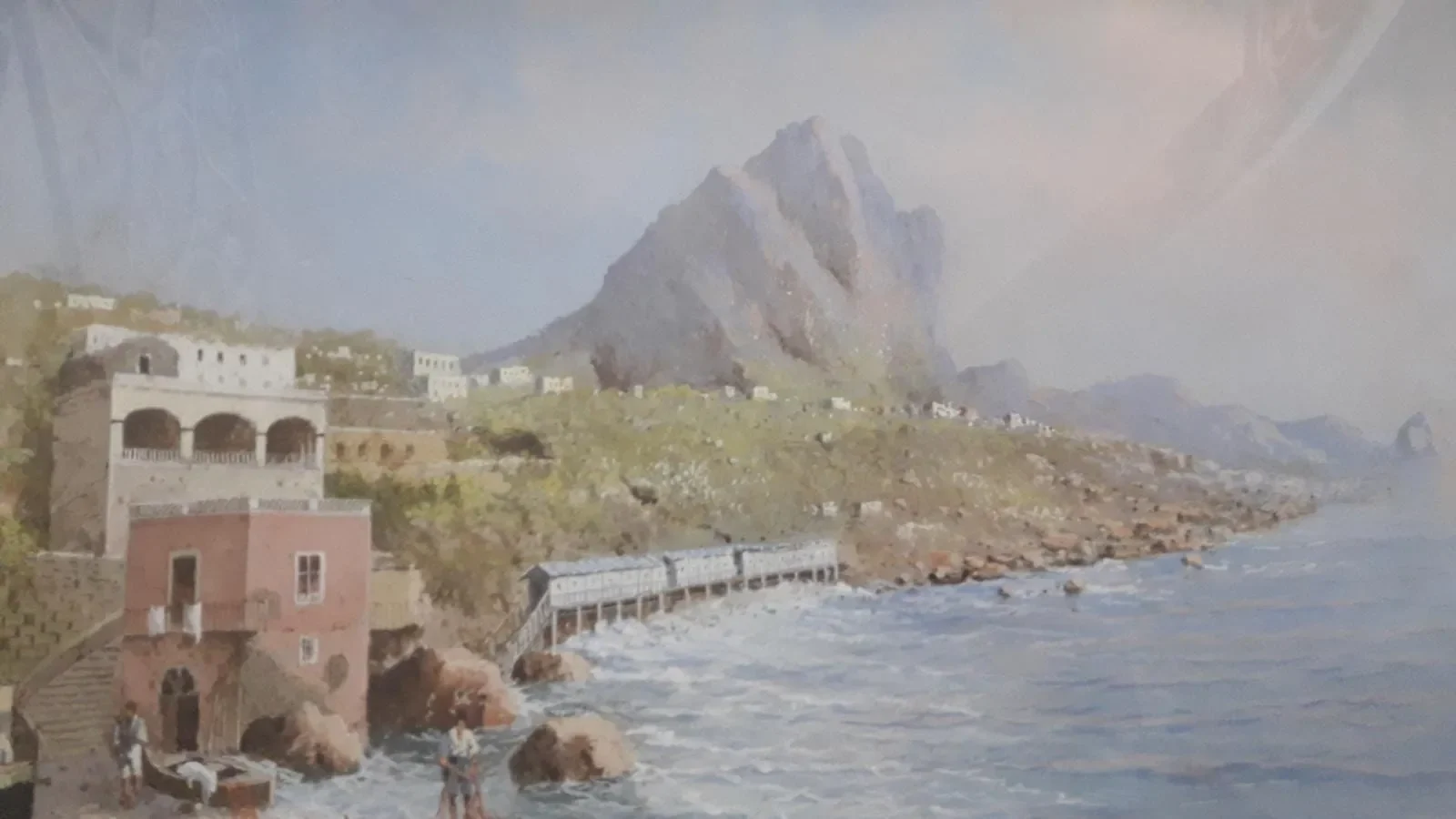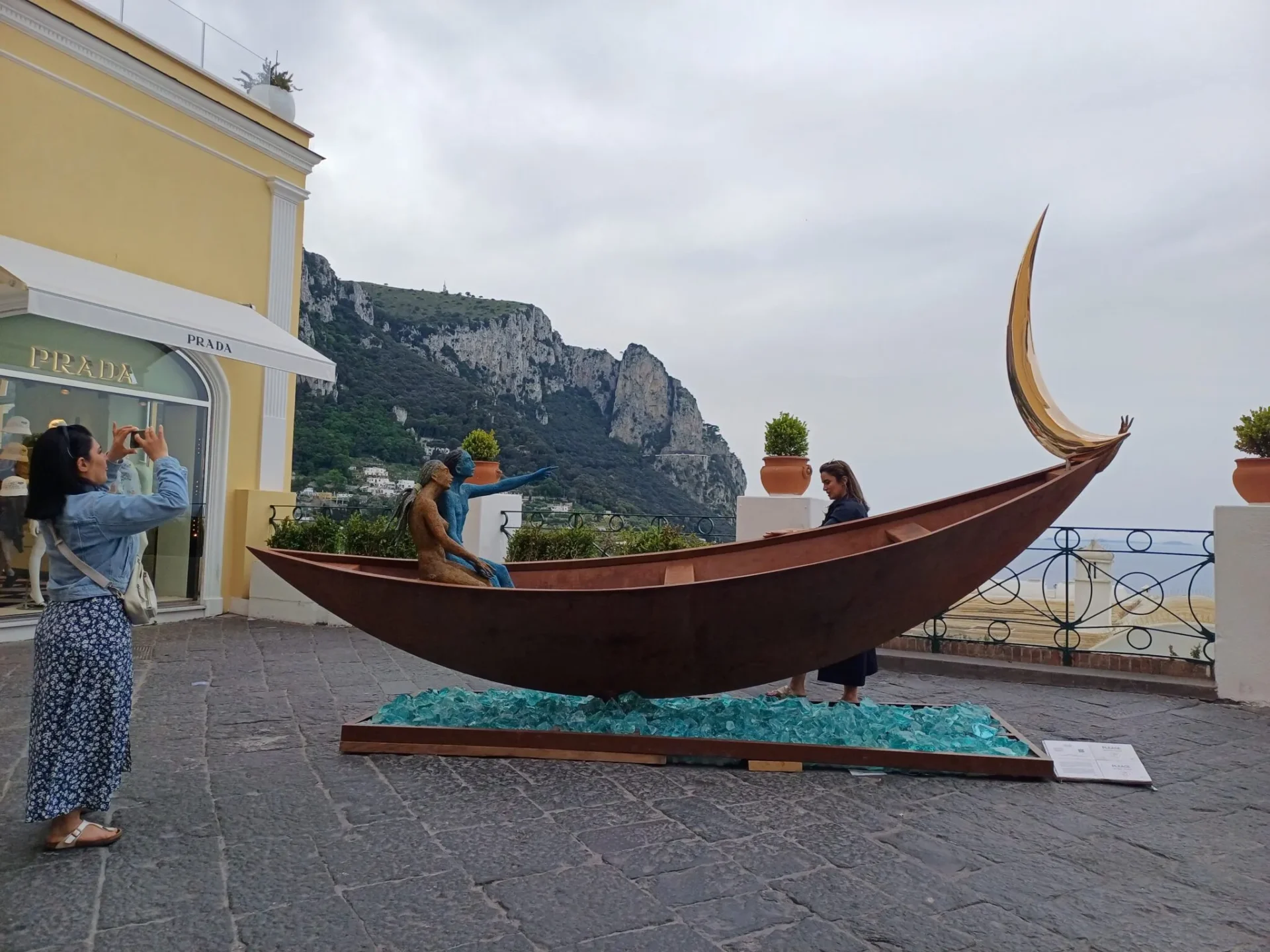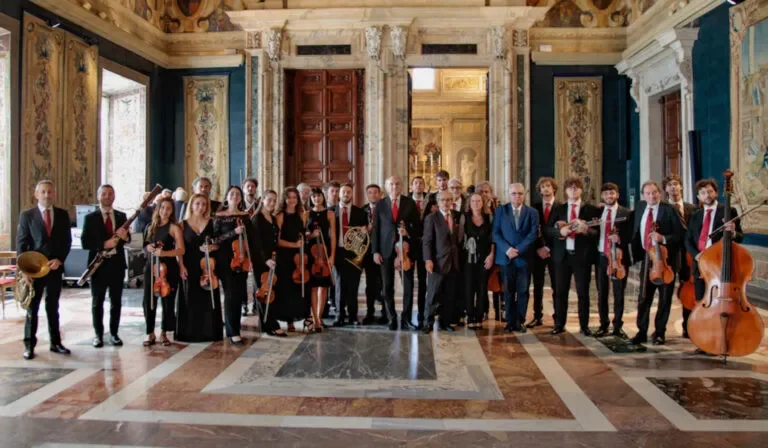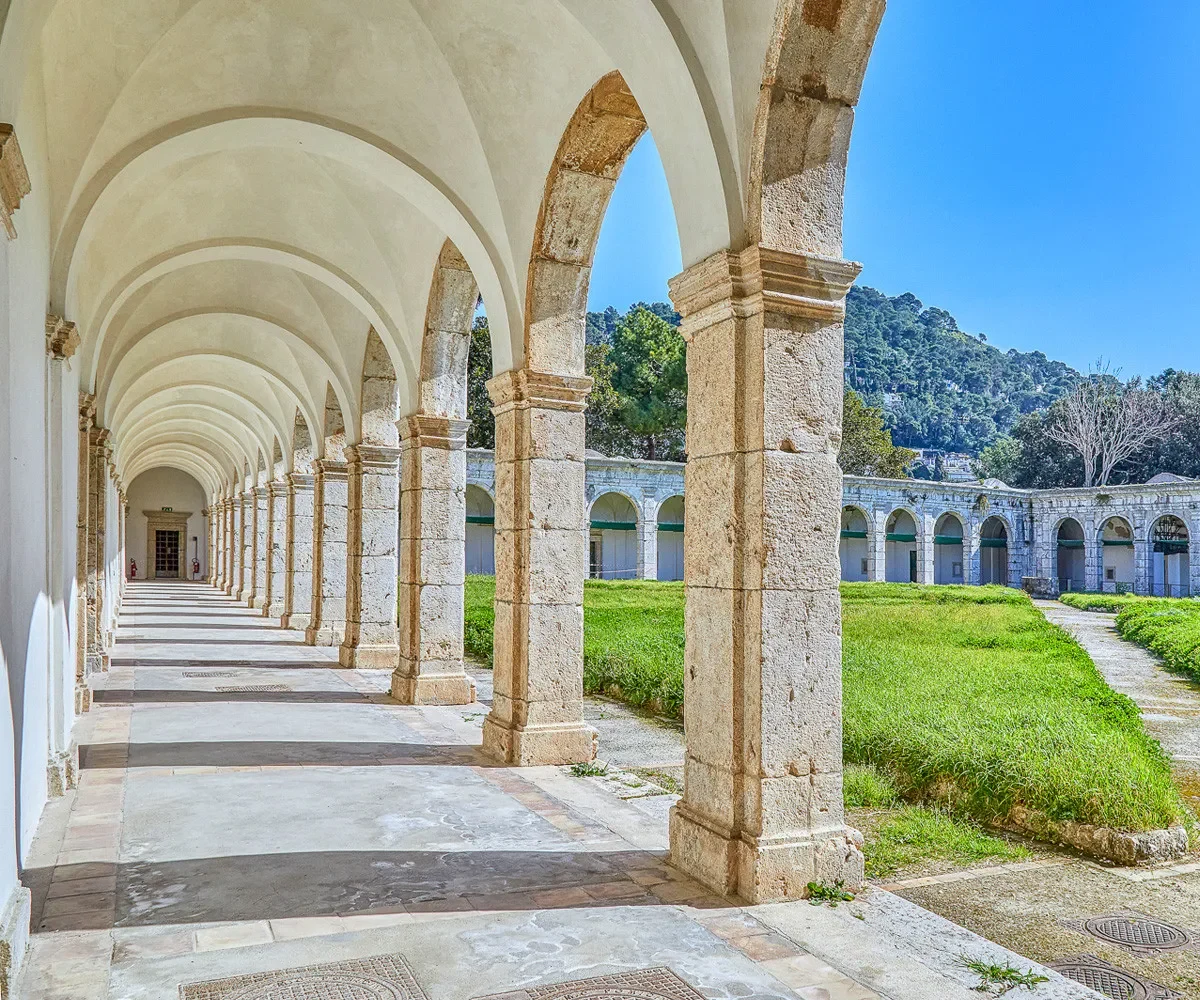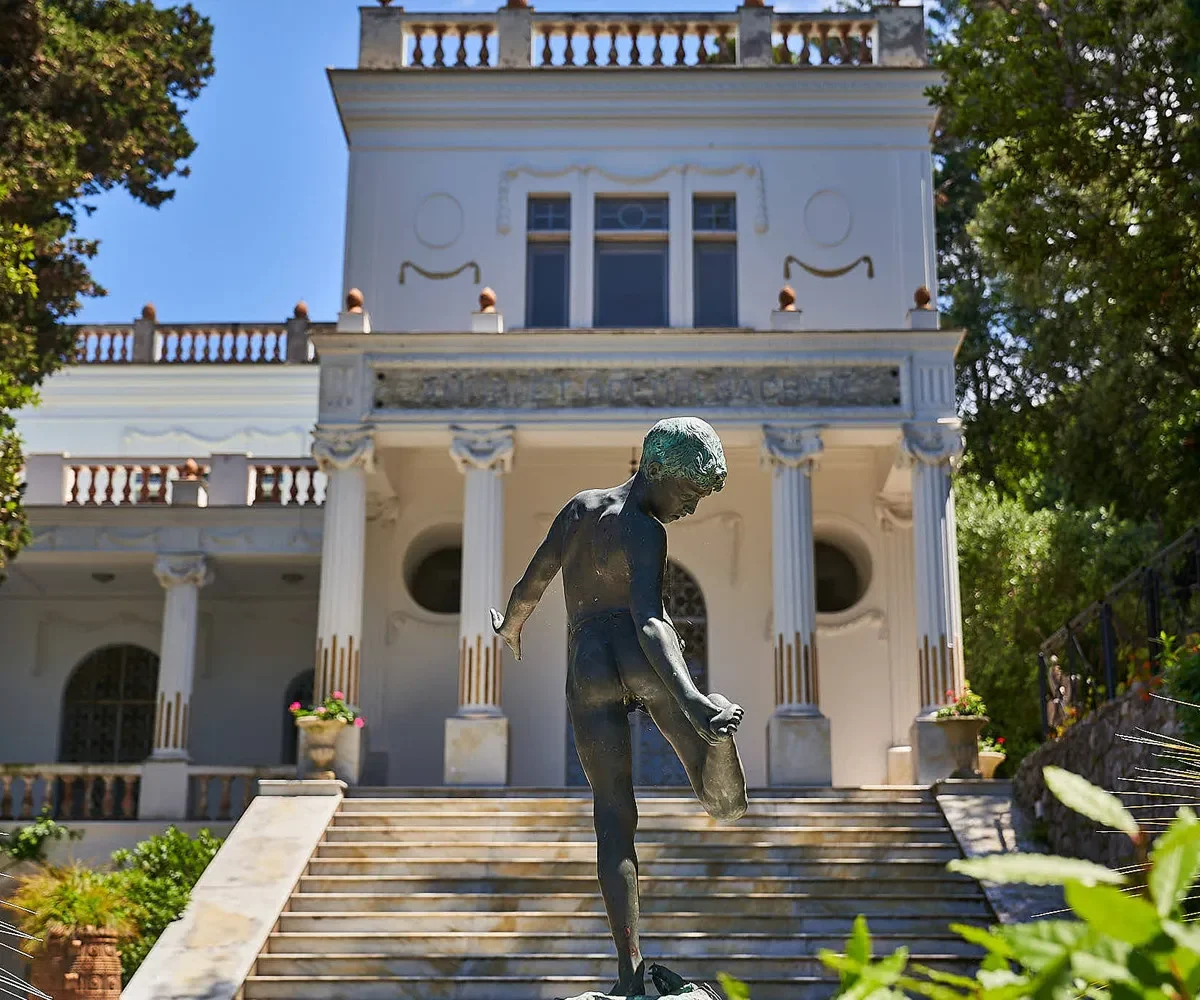There is a lot of talk about the main typical dishes of our island. Those who come to the Salotto del mondo do not dispense with enjoying an evening of culinary pleasure with delicacies that are difficult to imitate.
Always on the subject of taste and palate, let’s talk about another product linked to the gastronomic tradition of Capri: wine. Legend has it that the bishop of Bisanzio San Costanzo imported a barrel full of Caprese wine, watered and used as a refreshing drink, according to a use that continued until a few decades ago.
The monks of the Certosa spread the custom of drinking wine here in Capri, especially white wine, which was consumed in large quantities for its lightness. Between the two world wars, white wine of pale straw color was exported even to America and Argentina, a wine made from grapes Aglianico, Biancolella, Fiano and Greco, with an average gradation around eleven degrees.
Ideal to accompany recipes based on fish, the wines of Capri contributed to the fame of the historic Caffè Morgano, later called Zum Kater Hiddigeigei, local heart of the social life of the island between the nineteenth and twentieth century, frequented by famous people.
Among the great admirers of Caprese wine there was certainly Norman Douglas, who went specifically to the trattoria di Peppinella (the current restaurant “Le Grottelle”) to drink in quantity.
Great drinker of white wine was also Graham Green, the author of “Il terzo uomo”, who frequented the former Osteria Aniello. But the Caprese wine seduced the palates of many other characters, starting from the emperors Augustus and Tiberius, then Oscar Wilde, Frederik Krupp, up to Gorky and Lenin; the latter, in a letter sent by Capri to his wife, praised the beauty of the sea and the goodness of the local wine.
Local production made of local grapes has never shone out in quantity because, over the years, the plots of land cultivated with vineyards have been declining. However, there is no shortage of local farmers who still “make wine” and can delight the few elected representatives of the place.

